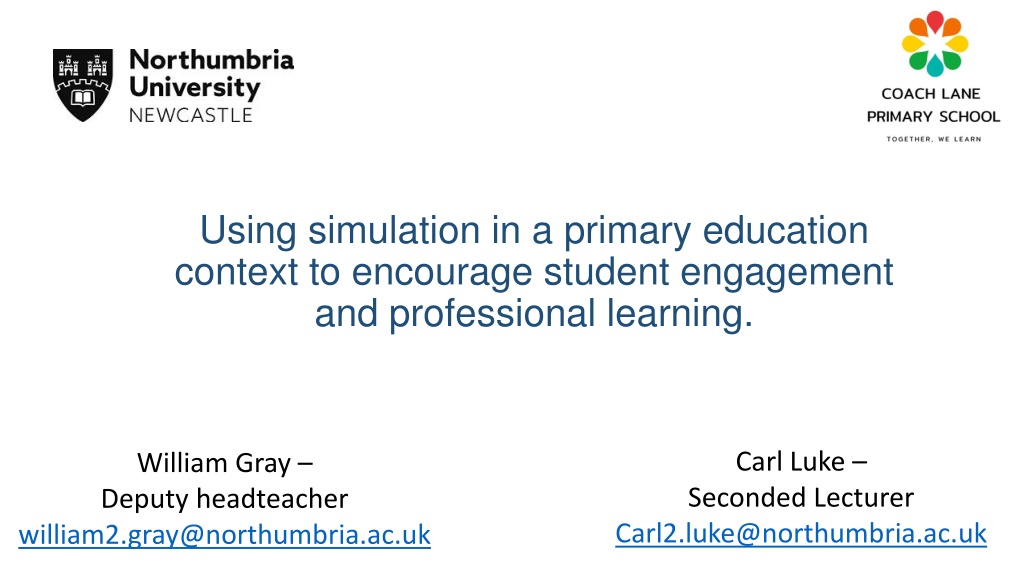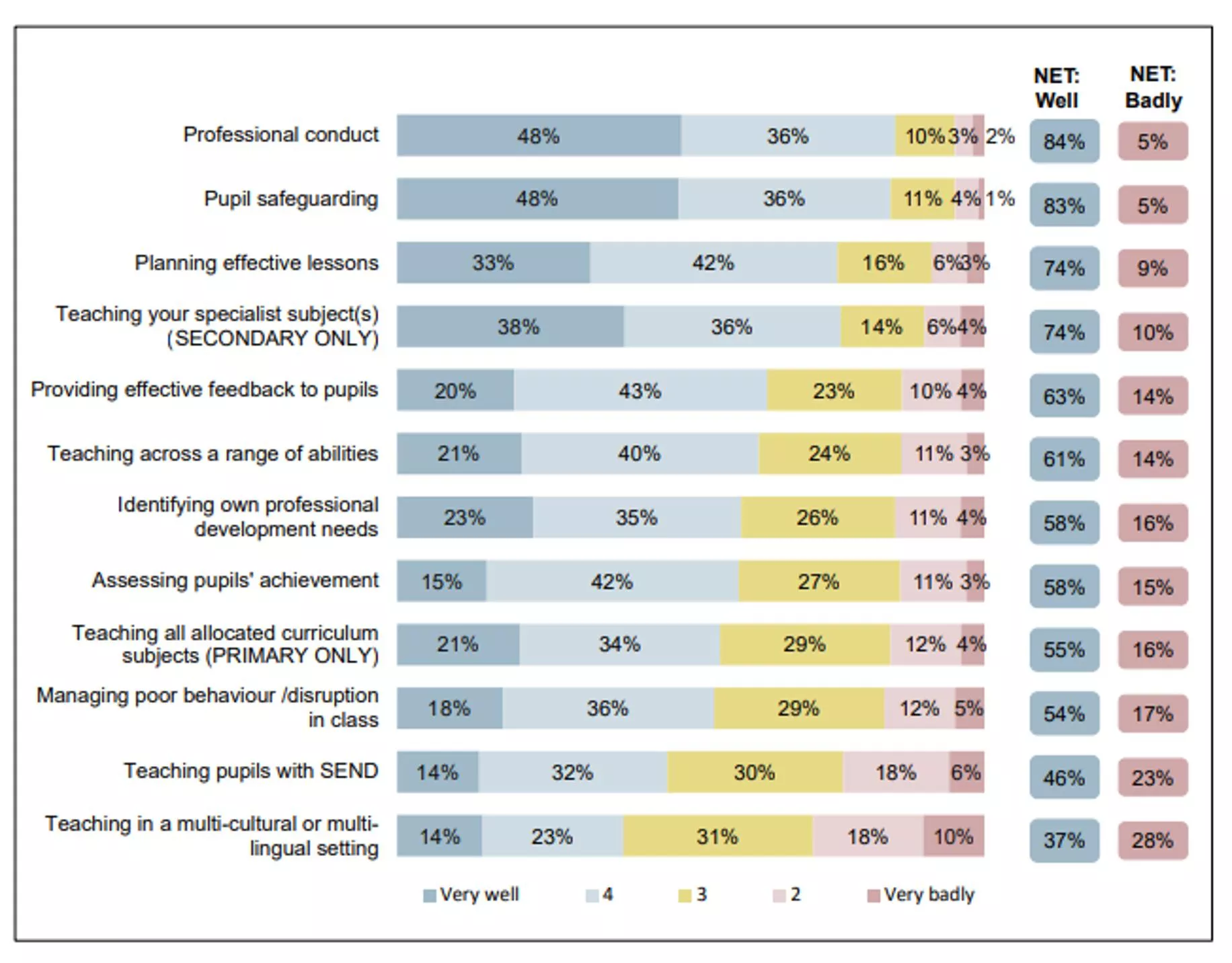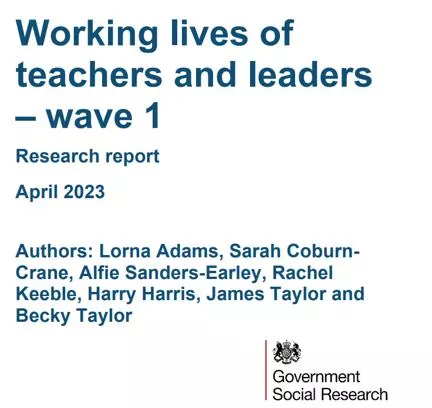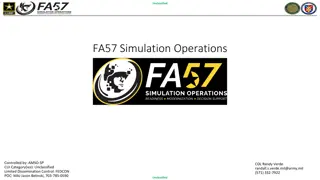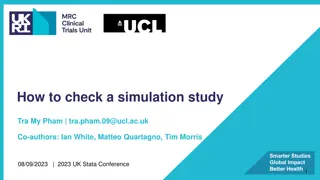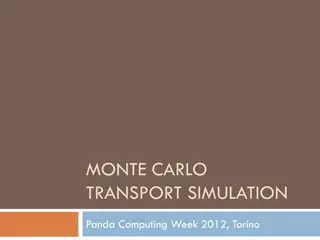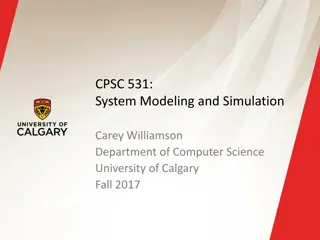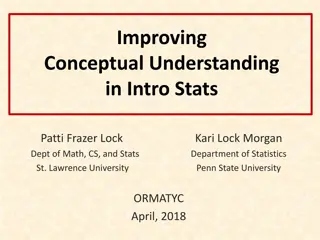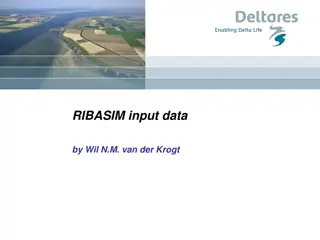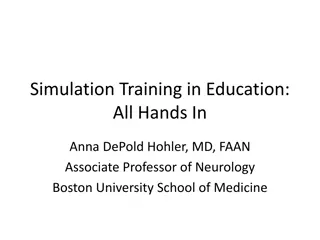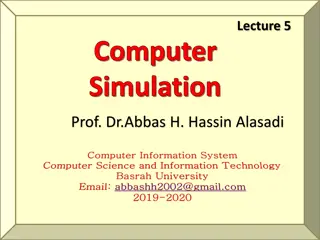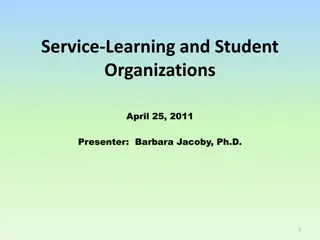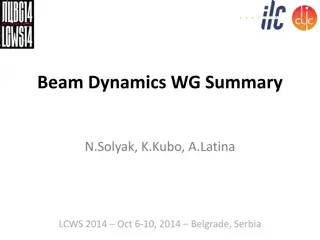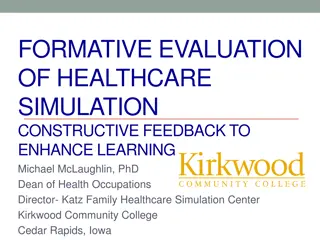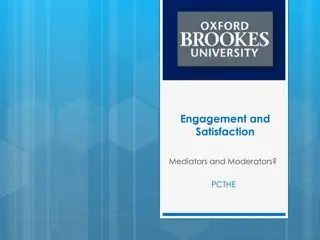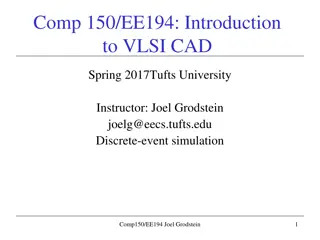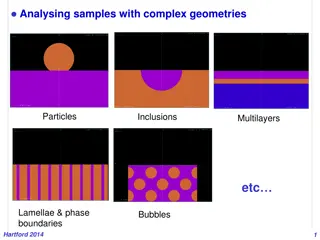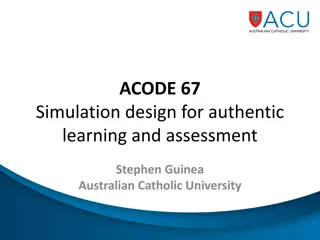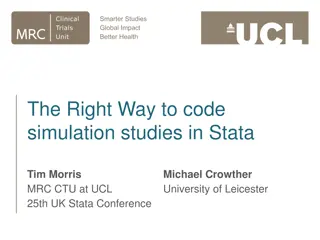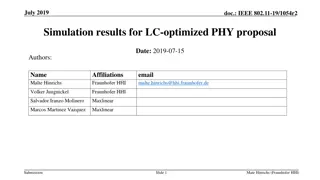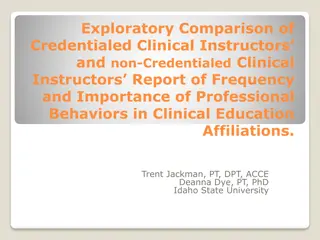Enhancing Student Engagement and Professional Learning Through Simulation in Primary Education Context
The use of simulation in a primary education context, as depicted at Coach Lane Primary School, aims to bridge the gap between theory and practice, enabling meaningful discussions on teaching and learning approaches. Through simulated scenarios, educators address challenges like student diversity, special educational needs, and parent interactions, fostering a hands-on learning experience. The focus on individual student cases, like Oscar, enhances teacher training and student engagement.
Uploaded on Apr 04, 2024 | 1 Views
Download Presentation

Please find below an Image/Link to download the presentation.
The content on the website is provided AS IS for your information and personal use only. It may not be sold, licensed, or shared on other websites without obtaining consent from the author. Download presentation by click this link. If you encounter any issues during the download, it is possible that the publisher has removed the file from their server.
E N D
Presentation Transcript
Using simulation in a primary education context to encourage student engagement and professional learning. Carl Luke Seconded Lecturer Carl2.luke@northumbria.ac.uk William Gray Deputy headteacher william2.gray@northumbria.ac.uk
Meet The School Coach Lane Primary School is a fictional school created by staff at Northumbria University. It was created to try and bridge the gap in knowledge between lectures and placement. Having a detailed shared understanding of the same class allows staff and students to have meaningful and insightful discussions about potential barriers to, and opportunities for, learning, teaching and assessment.
Meet the class Sample of Year 2 cohort Attendance and Punctuality Pupil Premium No Name Sex Reading Writing Maths Science SEND Notes Support plan in place. Suspected dyslexia. Referred to educational psychologist. Struggles to track from the board. Consistent letter reversal. Writing very difficult to read by self and others. 1 Sarah A F WBS WBS WTS WTS 90% Y 2 M EXS EXS EXS EXS 100% Y Amir B Struggles to pick up new concepts in maths. Very limited number sense. Lives with grandparents due to historic safeguarding concerns. No contact with parents. Struggles with whole class teaching, can be very disruptive. Struggles to pick up new concepts in maths. Very limited number sense. Diagnosis of epilepsy. Medicine stored in cupboard, must be given immediately if seizure starts. Call 999. Good ability to retain information. Reads widely so has strong science & foundation subject knowledge Working just behind in all areas. Takes extra time to pick up new concepts. Needs to be monitored in lessons. 3 Willow D F WTS EXS WBS EXS Support plan in place. 87% Y 4 Phoebe D F EXS EXS EXS EXS 95% Y Initial meeting held with parents. Suspected dyscalculia. 5 Emily G F EXS EXS WBS EXS 90% N 6 Emily H F EXS EXS EXS EXS Support plan for medical need. 97% N 7 Chris M M GDS EXS EXS GDS 100% N 8 Tyler M M WTS WTS WTS WTS 75% N
Three simulation sessions Meeting a new class class and setting priorities with senior leaders. Adaptive teaching for children who may need it (SEND) and working with other professionals (SENDCo) Challenging conversations with parents and carers
Focusing in on Oscar Students were in role as Oscar s class teachers. They were given a video to watch which simulated a meeting between the class teacher and a Special Educational Needs and Disabilities Coordinator (SENDCo). The video centered around Oscar and how he presents in school.
Professional expectations Professional expectations 1. Using the information shared by Leanne, complete the boxes on p. 1 of Oscar s SEN Support Plan. 2. Make notes on p. 3. 3. Bring this completed document to our face-to-face session ready to support our discussion. Student task
What are the potential trigger points? Which changes and support strategies would you put in place to mitigate these? Student task
Scenario 2: Scenario 2: Maths Maths Scenario 1: Scenario 1: English English Oscar generally enjoys his maths lessons. He can often just see the answer. After a recent lesson observation, your maths lead Farhana - has suggested that you develop your use of manipulatives in lessons. She has suggested that children could show their working using manipulatives in your upcoming unit on multiplication and division, and has arranged to come back to observe your teaching again next week. Coach Lane Primary School is having a whole-school focus on improving presentation and handwriting. As part of this, you have been asked to ensure that children use a pen to write in all books from now on. The English lead Tom - has said that this needs to start from tomorrow. Oscar has been used to using a pencil. He can get very upset when he makes a mistake but is okay if it is pencil as he can rub it out. You know that using manipulatives (both himself, and for others) has been a trigger for Oscar in the past. Student task Scenario 3: Scenario 3: P.E. P.E. Scenario 4: Scenario 4: Lunchtime Lunchtime This term s work on dance is being led by an external specialist (Mrs Taylor). She is working with the class as a whole to choreograph a dance sequence which will be performed to parents at the end of term. As part of this work, all children will perform their own small group solo . Mrs Davis, the lunchtime supervisor, comes to you with a concern about Oscar during lunchtimes. She has noticed that he is finding it challenging to be in the lunch hall because of the noise and smells of food. He hasn t been eating the food he has chosen and she has noticed him spending time with his eyes closed and hands over his ears to try to reduce sensory load. Oscar is reluctant to participate in the dance sequence and became quite quiet and withdrawn when children were selecting their small groups. She has also noticed some of the other children (particularly Freddie and Daniel) laughing at Oscar when he has become distressed.
The debrief After each activity, staff use mini-debriefs and weaved feedback into each part of the session. This supported students reflections on their work and made way for extremely insightful discussions and learning, which may not have otherwise happened .
Initial findings The use of SBL supported the development of student-teachers professional understanding and skills, with additional reported benefits for feelings of confidence and career-readiness The data demonstrates that 100% students involved in this study, across all three data collection points, agreed or strongly agreed that SBL constituted an effective pedagogic approach Promoting and consolidating professional learning and the application of theory into practice
Initial findings Contextualised learning provided a means of bridging the theory-practice divide SBL ensured parity of experience More frequent opportunities for shared discussions and co-construction of understanding Improved student engagement and opportunities for participation in authentic scenarios Increased feelings of confidence and preparedness for students
Qualitative insights: Qualitative insights: Contextualised learning and bridging between theory and practice Real life practices. How you would apply theory to a real child. Makes you think as a practitioner. I found this simulation easy to follow and allowed me to understand in more depth than a generic lecture. Parity of experiences relating to threshold concepts This session was beneficial as it allowed us to explore a situation that we could be faced with in practice. It is nice to be able to explore this with professionals to get guidance and share thoughts and experiences. I felt I was able to gain experience in an area of teaching that is not achievable in a placement environment.
Confidence and preparedness Having the experience in an educational environment allows us to practice in a safe space. We have the opportunity to ask questions and make suggestions that might not be accurate but they are expanded upon and discussed in a positive way. It gives us reassurance of our own knowledge. Gives me confidence and strategies to now have challenging conversations with parents/carers Student engagement and participation More practical experience, much more memorable and will stick with me for longer than a standard theory based session. Definitely more engaging than traditional methods. Discussions and co-construction of understanding in a safe space Seeing other individuals comments and points of view in relation to my own. Opened my mind to issues I wouldn t have thought about I enjoyed the collaborative discussion as many people highlighted issues and support I had not considered.
Working together on simulation Questions? Questions? We would love to hear from you if you use/are interested in using simulation in your practice. https://forms.office.com/e/K010AT1J36
Thank you for listening. Questions? Questions? Arlene Anderson arlene.anderson@northumbria.ac.uk Dr Kirstin Mulholland kirstin.Mulholland@northumbria.ac.uk Deborah Herridge deborah.herridge@northumbria.ac.uk Dr Sophie Meller sophie.meller@northumbria.ac.uk William Gray william2.gray@northumbria.ac.uk Carl Luke carl2.luke@northumbria.ac.uk David Nichol david.nichol@northumbria.ac.uk
